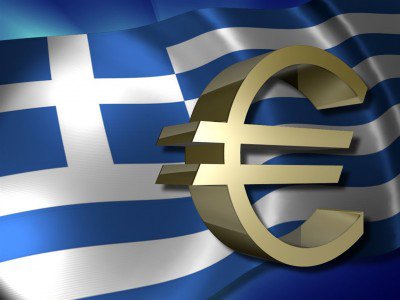Written by Zoë Henry, Money Market,UK.
The Greek debt crisis has been going on for years. Bailout after bailout, and Greece continue to expect more, specifically from their wealthier European relatives, Germany.
In January 2015 the German government stated via a spokesperson for Chancellor Angela Merkel that they were confident that Greece would stick to bailout terms set out by the European Union and the International Monetary Fund. Since then the question on everyone’s mind has been, “Will Greece exit the Eurozone?”
At the end of January, a snap election for the Greek presidency was held, which proved to be a game changer. Left-wing party Syriza won a legislative election for the first time ever, securing 149 out of the 300 seats, two seats short of an absolute majority.
Greece’s new Prime Minister Alexis Tsipras was sworn on 26 January 2015, after reaching a coalition agreement with Anel.
Since taking over the presidency, Tsipras has said that Syriza has never had any intention of leaving the Eurozone and has promised to end five years of EU-dictated austerity.
Mario Draghi, the president of the European Central Bank, has given his approval to Greece’s four-month bailout extension, and if all goes well, that means Greece will be able to remain in the Eurozone. This would be a good thing, as neither the Greek government nor its Eurozone partners want to see Greece exit. The BBC published an article on 18 February that stated, “To state the obvious, no country has left before. There is no formal process in which a country can exit the Eurozone so much of it would be improvisation.”
Analysts say that if Greece were to exit the Eurozone, there would be a rush of money out of the country, resulting in a long recession and severe inflation.









